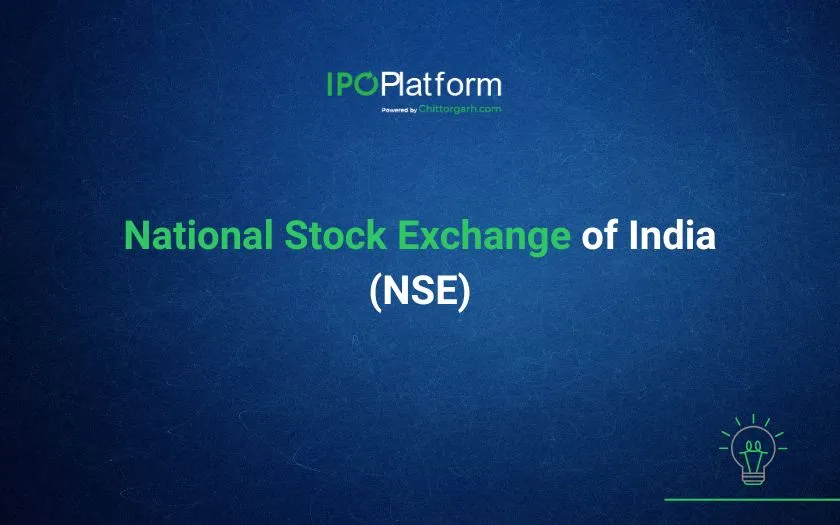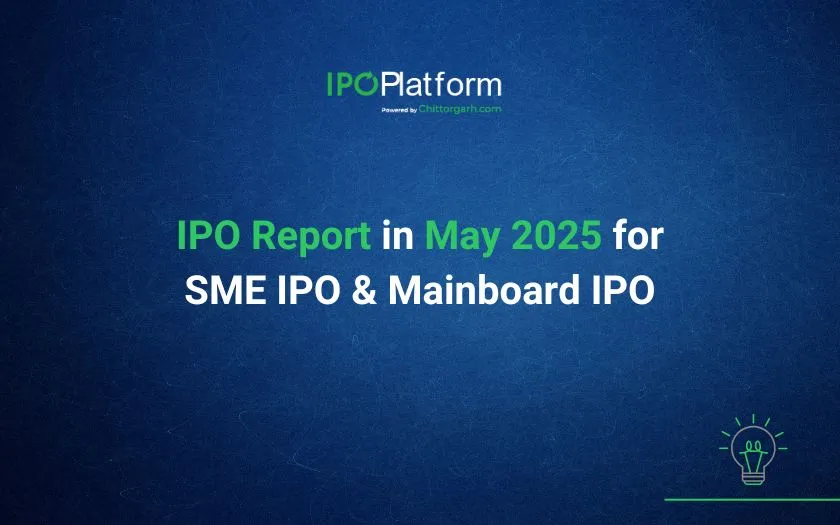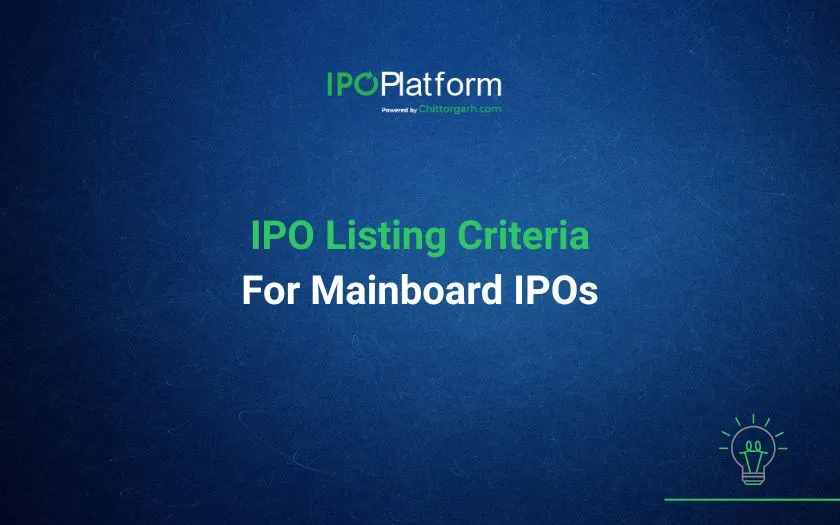National Stock Exchange of India (NSE)

The National Stock Exchange (NSE) is one of India’s most prominent stock exchanges, revolutionizing the country’s financial markets with its fully digital and automated trading platform. Headquartered in Mumbai, NSE offers a secure and transparent environment for investors to trade equities, derivatives, debt instruments, and more. Since its establishment in 1992, NSE has introduced several innovative segments, including SME listings via NSE EMERGE and the Social Stock Exchange. It operates major indices like Nifty 50 and supports both large corporations and small businesses through distinct listing platforms. NSE continues to drive India’s growth in the capital markets through innovation and accessibility.
What is NSE?
NSE ( National Stock Exchange of India) is one of the leading exchanges, headquartered in Mumbai. Since its inception, NSE has transformed into a complete digital and automated electronic trading platform, furnishing flawless access to investors nationwide. NSE introduced various new segments over the years, like derivatives in the year 2000, currency trading in the year 2008, and SME listings through NSE EMERGE in the year 2012.
It also launched platforms for debt products (2013), global trading via NSE IX (2017), and a Social Stock Exchange in 2023 to support fundraising for social enterprise.

What is Mainboard IPO listing and SME IPO listing on NSE?
A company can list on the Mainboard platform or the SME platform, depending on the size and nature of the company.
1. Mainboard IPO platform facilitates listing on both NSE and BSE stock exchanges of India. For Mainboard IPO, a company is required to fulfil the IPO Eligibility criteria as laid by SEBI.
2. SME IPO platform which facilitates listing on NSE SME EMERGE or BSE SME. NSE EMERGE platform supports the growth of smaller businesses and specially caters to the listing of small and medium enterprises (SME). SME Companies looking for listing on NSE SME must meet the NSE EMERGE listing criteria.
How does the National Stock Exchange (NSE) work?
The National Stock Exchange (NSE) operates as a fully automated, electronic platform that enables smooth trading of securities like equities, derivatives, and debt instruments. The NSE is a fully electronic platform where buying or selling of shares happen through a computer based system.
When an investor places a market order, it is matched with the best available limit order. This system allows investors to stay anonymous and ensure fair trade. The NSE uses an order driven method, which means every buy and sell order is visible in the system making the process more transparent.
Investors place their order through stock brokers, providing online trading apps or websites. Big Institutional investors can also place orders directly using a special feature called “Direct Market Access”.
Trading in the Equity segment of NSE happens from Monday to Friday and remains closed on Saturdays, Sundays and holidays declared by NSE.
The Timings of Market are as follows:
- Order Entry begins at 9:00 A.M
- Pre-market sessions end at 9:08 A.M
- Regular market starts at 9:15 A.M
- Market closes at 3:30 P.M
What are the Major Indices in NSE?
The NSE has several indices that track the overall performance of the Market. These indices represent different sectors, company sizes, and investment type. The most important and commonly followed index is NIFTY 50.
Here are the Major Indices in NSE:
- Nifty 50: This is the main index in NSE. It includes the top 50 companies from different sectors and shows the overall market performance.
- Nifty Next 50: It includes next 50 largest companies after the Nifty 50.
- Nifty Midcap 100: Tracks the performance of the 100 mid-sized companies listed on NSE.
- Nifty Small cap 100: It tracks 100 small sized companies listed on NSE.
- Nifty Banks: It shows the representation of the leading banking stocks in India.
- Nifty Financial Services: It covers companies from the broader financial services space.
- Nifty FMCG: It includes the top companies in sector of fast moving consumer goods.
What are the benefits of Listing on NSE Emerge?
- Well-formulated Listing Process- Listing on NSE Emerge requires fulfilling the SME IPO eligibility criteria. The IPO process includes appointment of merchant bankers, RTA, carrying out due diligence, peer review audit of restated financials, filing of DRHP. On approval of DRHP by NSE SME, RHP is filed.
- Fully Underwritten
The SME IPO is completely underwritten as per SEBI Regulations. This makes sure the SME IPO is fully subscribed. - Valuation Method
Valuations are based on the company’s future growth potential and are fairly valued. IPO valuations are done in assistance with lead managers. - Attracts New Investors
This platform draws in long-term institutional investors who want to invest in growing companies in a regulated and transparent set up. - Smooth Shift to MainBoard
As the company grows in size and performance, it can easily transition to the main board.
Background history of NSE
The National Stock Exchange (NSE) was established in 1992 to bring transparency and efficiency to India’s capital markets. It was formed based on the recommendations (1991) of the Pherwani Committee and was supported by the Government of India. A core team from IDBI, along with experts like R.H. Patil and Chitra Ramkrishna, helped design its structure.
NSE began operations in 1994, starting with the wholesale debt market and soon launching its equities segment. It was the first Indian exchange to offer completely electronic trading, which made transactions faster and more accessible. Within a year, its trading volume surpassed that of BSE (Bombay Stock Exchange).
How a company can get listed on NSE?
Listing on NSE means that a company’s shares are officially added to the National Stock Exchange and can be bought and sold by investors in the secondary market. For listing purposes, the companies must meet certain criteria set by SEBI and respective stock exchanges.
After listing, the shares are available for trading enabling investors to buy or sell those shares in the secondary market.
Key Points:
- Once a company is listed, it becomes publicly traded.
- Trading refers to the process where buyers and sellers exchange shares at market prices.
- Companies listed on NSE, including SMEs through NSE Emerge, get more visibility and access to capital.
- You can find a list of SME companies listed on NSE on ipoplatform.com
- To list under NSE Emerge, a company must meet specific listing criteria, like minimum net worth, track record, and compliance requirements.
What are the Products and services are provided by the NSE?
The NSE offers wide range of products and services to investors, companies, Financial institutions that helps them to participate in Indian Securities Market. It provides platforms for trading of shares, bonds, derivatives, Debt securities. Along with trading services, NSE offers market data such as Index services, clearing and settlement and Investor education.
Following are the Products and Services provided by the NSE:
- Equity Markets: NSE provides a platform for buying and selling of shares of the companies. It helps investors to trade in stocks listed on the stock exchange.
- Indices: Indices in NSE are indicators that shows the overall of group of selected stocks. It includes Nifty 50. It helps investors to understand market trends and make better investment decisions.
- Emerge Platform: This is the Platform designed for only Small and Medium Enterprises (SME) to raise funds from public through IPO.
- Mutual Funds: NSE also allows to buy and sell the unit of mutual funds from this platform. It offers an easy and safe way to invest in diversified Portfolios.
- Equity Derivatives: These are the contract based shares or stock indices. Investors use them to earn profits or protect against price changes in the stock market. They allows investors to gain exposure to price fluctuation of these assets without directly owing them.
- Currency Derivatives: They allow investors to trade in currency pairs like USD/INR. It helps in managing risks related to foreign exchange rate fluctuations.
- Commodity Derivatives: Investors can trade in contract based on commodities like gold, silver and oil. This help businesses and traders manage price risks in physical commodities.
- Interest Rate Derivatives: These are financial contracts whose value changes based on interest rate. They help investors protect themselves from rising or falling interest rate or earn profits from rate changes. Common types are swaps, future and options.
- Fixed Income and Debt: NSE provides a platform for trading bonds and government securities. These are safer options that give regular and fixed income.
- Public Issue: NSE provides frame work for raising money through IPO and other public offers. Investors can apply for shares during the IPO and become shareholders in the company.
Conclusion
The National Stock Exchange (NSE) plays a key role in India’s financial market by offering various services for investors, companies, and institutions. It provides a secure and transparent platform for trading shares, derivatives, debt, and other financial instruments. Through its mainboard and SME EMERGE platforms, NSE helps both large companies and small businesses to raise funds and grow.
With modern technology, clear rules, and user-friendly systems, NSE has made investing easier, faster, and more accessible throughout the country. Whether you are a new investor or a growing company, NSE offers many chances to participate and benefit from the Indian capital market.
FAQs
-
When was NSE established?
The National Stock Exchange of India (NSE) was established in the year 1992. It was recognized as a stock exchange by SEBI in 1993. It started its operations in 1994 with the wholesale debt market and after some time, introduced cash market segment.
-
What is NSE?
NSE is one of the leading stock exchanges in India where people can buy and sell shares and other financial instruments. NSE SME and BSE SME enables listing of SME companies in India. Mainboard Listings take place in both NSE and BSE.
-
Is NSE a Government Company?
No, NSE is not a government company. It is a private company regulated by SEBI, it was initially promoted by government but owned by a group of financial institutions.
-
What is NSE and what does it do?
NSE is a primary stock exchange in India where companies list their shares to be traded in the securities market. It plays an important role in the financial markets and offer services like derivative trading, bond market, and mutual funds.
-
What are NSE functions and objectives?
NSE is a regulated stock exchange of India which enables trading in shares, derivative, and other securities. It helps companies to raise funds from public through IPO of Mainboard companies as well as SME companies. It is set up to promote Indian financial markets and globally as well.
-
Who is the owner of the NSE?
NSE is owned by group of Financial institutions, banks, and insurance companies. It is professionally managed by a board of directors and not owned by a single person or by government.
-
Who can trade shares in NSE?
Any person who has a PAN card, Demat account can trade in shares listed on NSE. This includes Individuals, Financial Institutions, and foreign investors.
-
Is Nifty 50 is NSE or BSE?
Nifty is a stock market index that captures the performance of top 50 companies listed on NSE. Nifty 50 is the main stock Index of the NSE. It includes 50 Top companies from different sectors like Reliance Industries, TCS, Infosys and others.
-
What is NSE IPO and NSE share price?
NSE itself is not listed on any stock exchange. However, NSE shares may be available in unlisted shares. NSE may file for DRHP for its IPO in the coming years.
-
How does NSE makes money?
NSE earns money through transaction charges, listing fees from companies, data services, technology support and other financial services






0 Comments